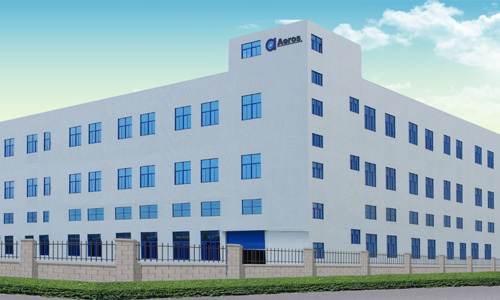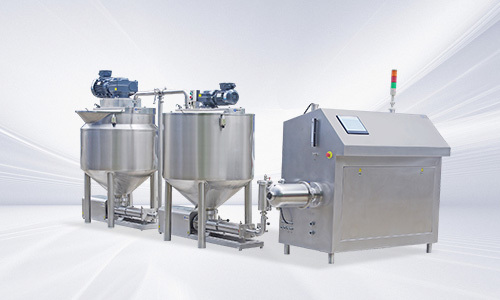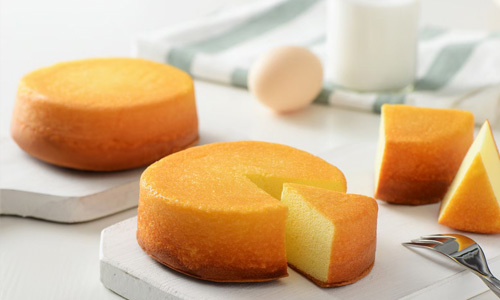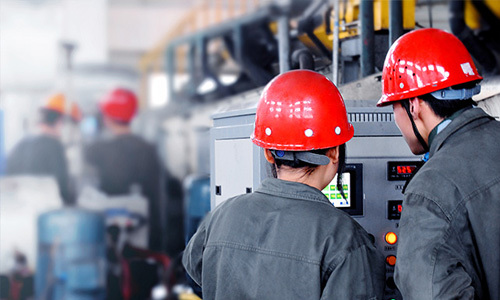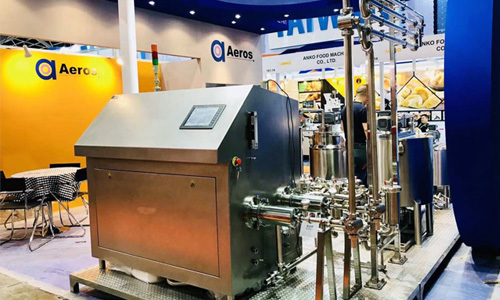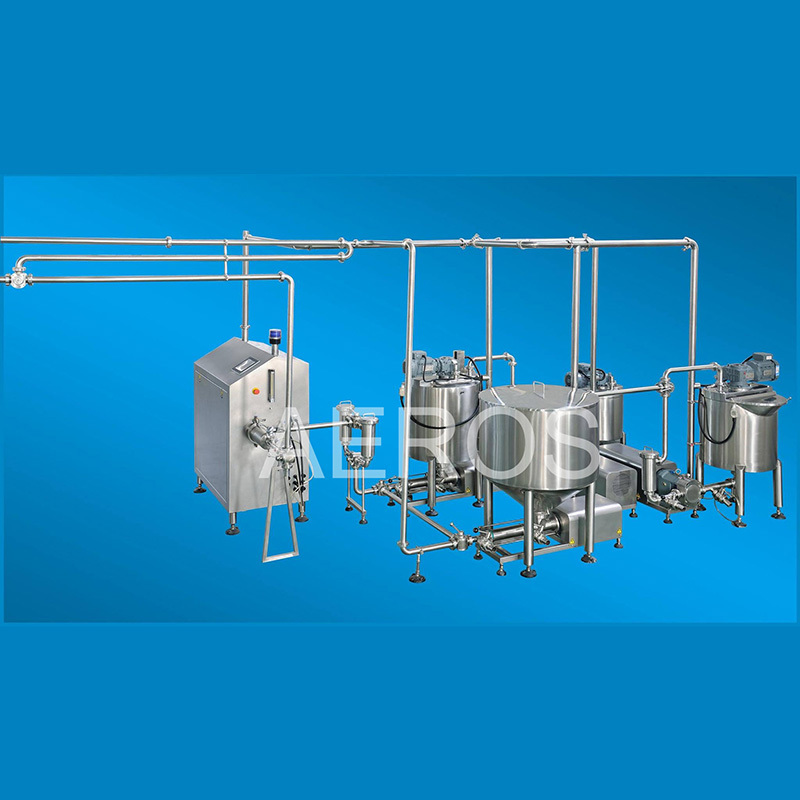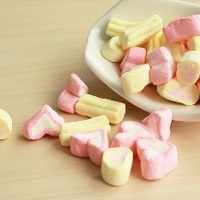Revolutionizing Cake Production: An Insight into Modern Systems

2025/06/27
---
In the realm of food manufacturing, the cake production system stands out as a remarkable innovation that significantly enhances the efficiency and quality of cake production. As consumer preferences evolve towards varied and high-quality baked goods, understanding the components and functionalities of a modern cake production system becomes crucial for manufacturers.
A cake production system typically integrates multiple processes, including mixing, baking, cooling, and packaging. Each of these stages is designed to optimize workflow and maintain consistency in product quality. The integration of automated machinery allows for precision in ingredient measurements, which is vital for achieving uniform textures and flavors. This automation not only accelerates production rates but also minimizes the risk of human error, ensuring that each cake meets the desired specifications.
One of the core advantages of a cake production system is its ability to handle large volumes of production without compromising quality. For instance, continuous mixing systems can blend batter at a consistent rate, enabling mass production while ensuring that each batch possesses the same taste and texture. Furthermore, modern ovens equipped with advanced technology can provide precise temperature control, allowing for even baking and preventing common issues such as undercooked or burnt cakes.
In addition to efficiency and quality, the cake production system also incorporates sustainability practices. Many manufacturers are increasingly opting for energy-efficient machines that reduce power consumption during production. Furthermore, systems that allow for better resource management, such as minimizing waste and reusing by-products, are becoming more prevalent. These practices not only benefit the environment but can also lead to cost savings for manufacturers.
Moreover, flexibility is another key feature of cake production systems. They can be configured to produce a wide variety of cake types – from traditional layer cakes to more complex designs. This adaptability ensures that manufacturers can respond quickly to market trends and consumer demands, offering a diverse range of products that cater to different tastes and dietary requirements.
In conclusion, the cake production system plays a pivotal role in the food processing machinery industry, particularly in the manufacturing of cakes. By utilizing advanced technology, manufacturers can enhance efficiency, ensure product quality, and promote sustainability. As the industry continues to innovate, the importance of such systems will only grow, paving the way for exciting developments in cake production that meet both consumer needs and environmental standards. Understanding these systems is essential for anyone involved in the food production sector, as they represent the future of baking efficiency.
In the realm of food manufacturing, the cake production system stands out as a remarkable innovation that significantly enhances the efficiency and quality of cake production. As consumer preferences evolve towards varied and high-quality baked goods, understanding the components and functionalities of a modern cake production system becomes crucial for manufacturers.
A cake production system typically integrates multiple processes, including mixing, baking, cooling, and packaging. Each of these stages is designed to optimize workflow and maintain consistency in product quality. The integration of automated machinery allows for precision in ingredient measurements, which is vital for achieving uniform textures and flavors. This automation not only accelerates production rates but also minimizes the risk of human error, ensuring that each cake meets the desired specifications.
One of the core advantages of a cake production system is its ability to handle large volumes of production without compromising quality. For instance, continuous mixing systems can blend batter at a consistent rate, enabling mass production while ensuring that each batch possesses the same taste and texture. Furthermore, modern ovens equipped with advanced technology can provide precise temperature control, allowing for even baking and preventing common issues such as undercooked or burnt cakes.
In addition to efficiency and quality, the cake production system also incorporates sustainability practices. Many manufacturers are increasingly opting for energy-efficient machines that reduce power consumption during production. Furthermore, systems that allow for better resource management, such as minimizing waste and reusing by-products, are becoming more prevalent. These practices not only benefit the environment but can also lead to cost savings for manufacturers.
Moreover, flexibility is another key feature of cake production systems. They can be configured to produce a wide variety of cake types – from traditional layer cakes to more complex designs. This adaptability ensures that manufacturers can respond quickly to market trends and consumer demands, offering a diverse range of products that cater to different tastes and dietary requirements.
In conclusion, the cake production system plays a pivotal role in the food processing machinery industry, particularly in the manufacturing of cakes. By utilizing advanced technology, manufacturers can enhance efficiency, ensure product quality, and promote sustainability. As the industry continues to innovate, the importance of such systems will only grow, paving the way for exciting developments in cake production that meet both consumer needs and environmental standards. Understanding these systems is essential for anyone involved in the food production sector, as they represent the future of baking efficiency.
Cake production system
Previous Page

